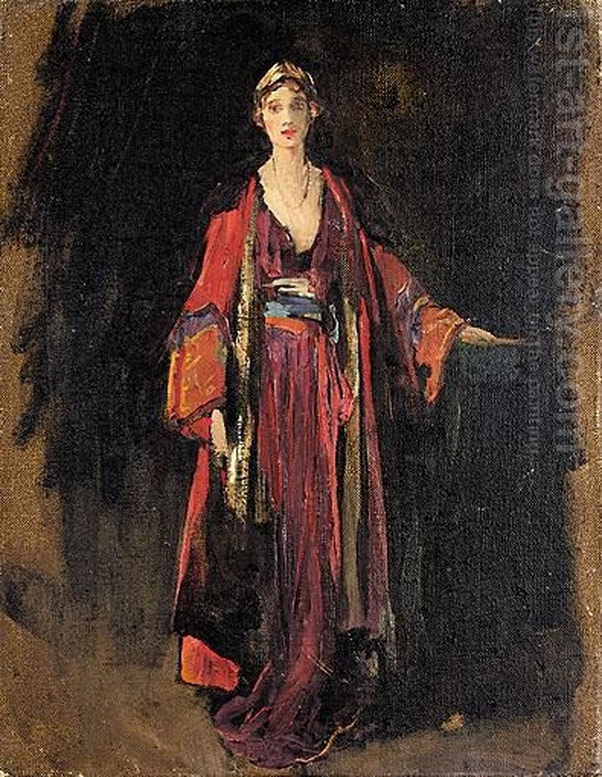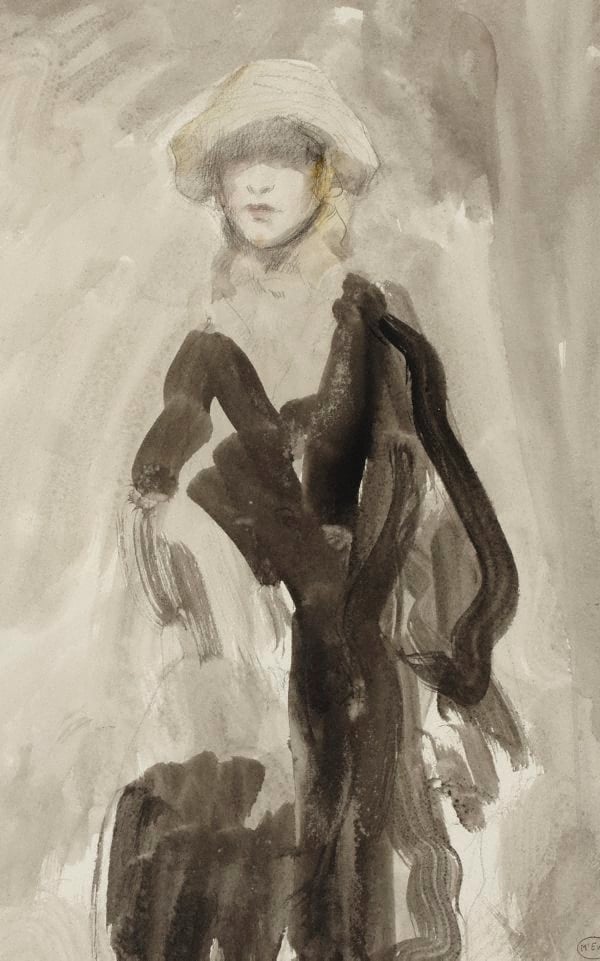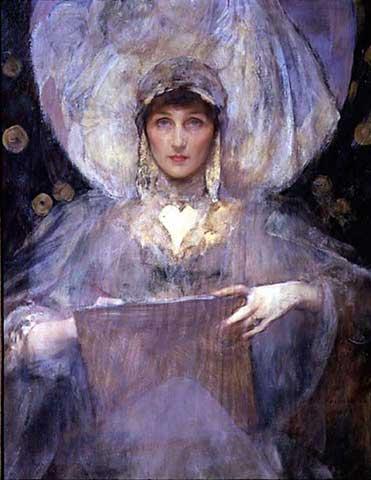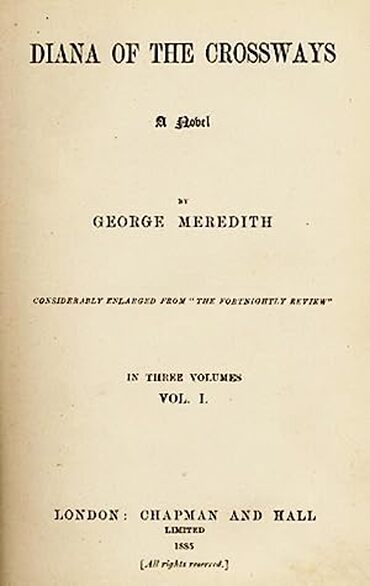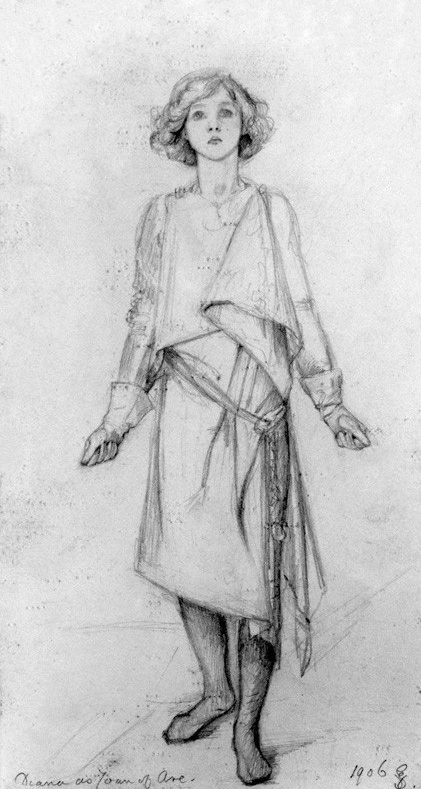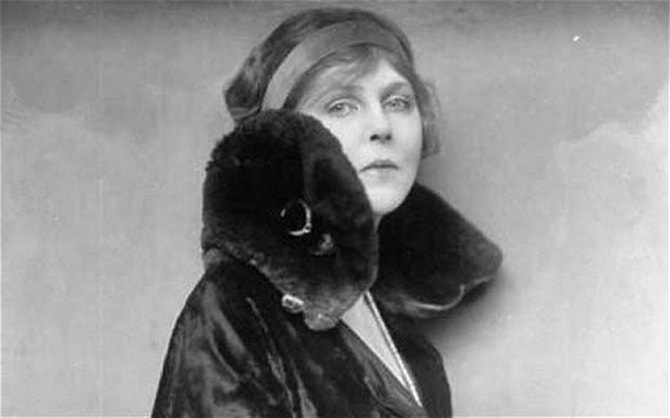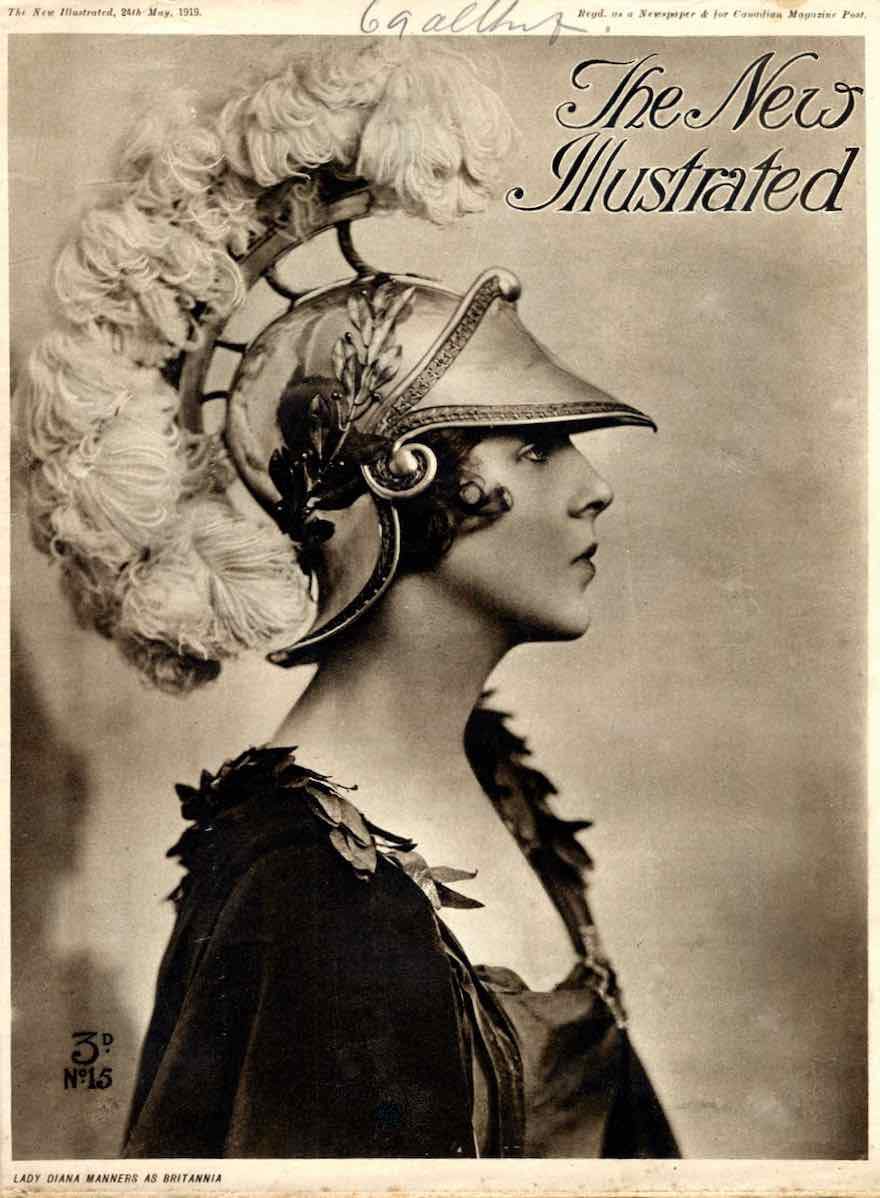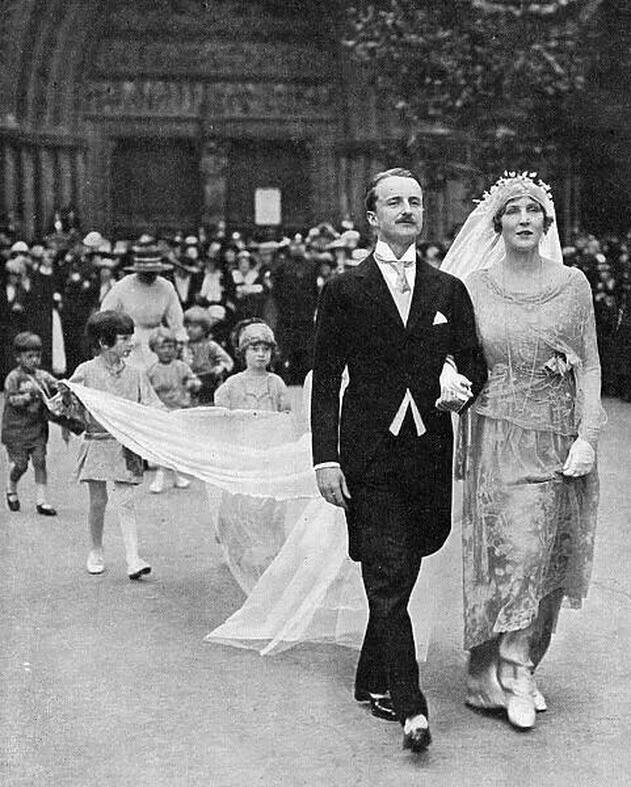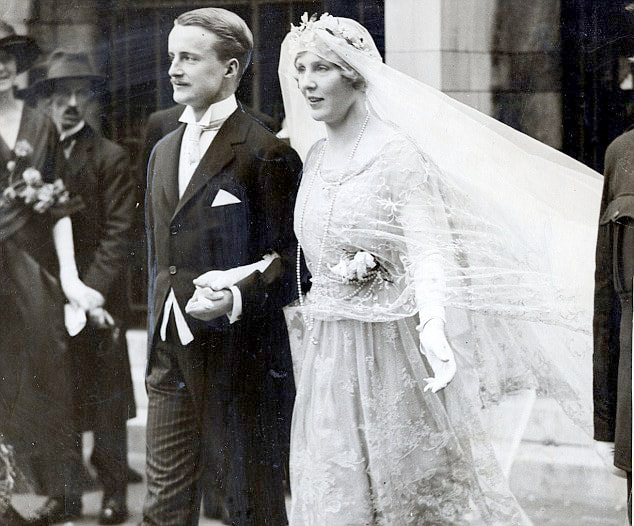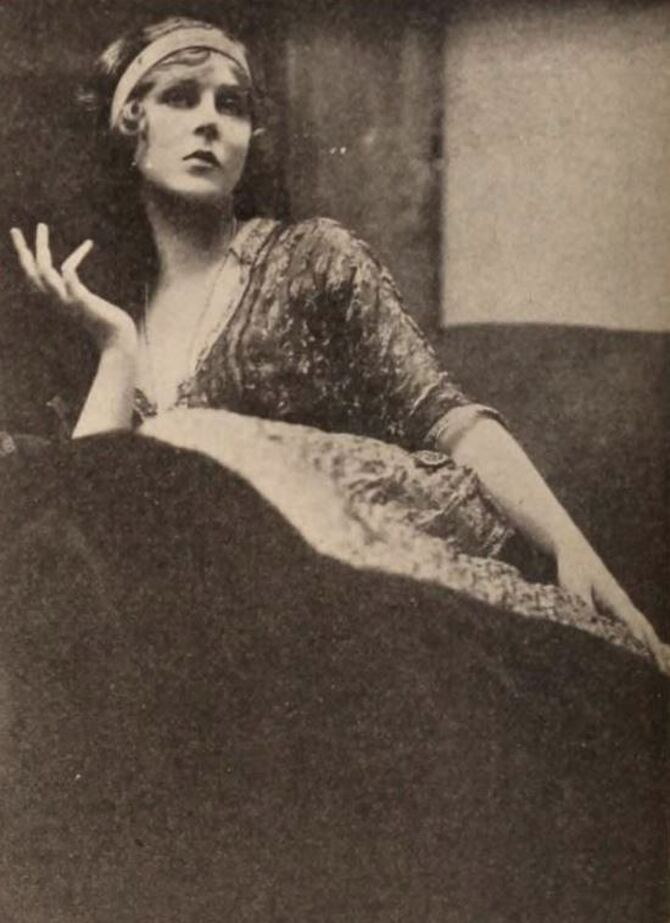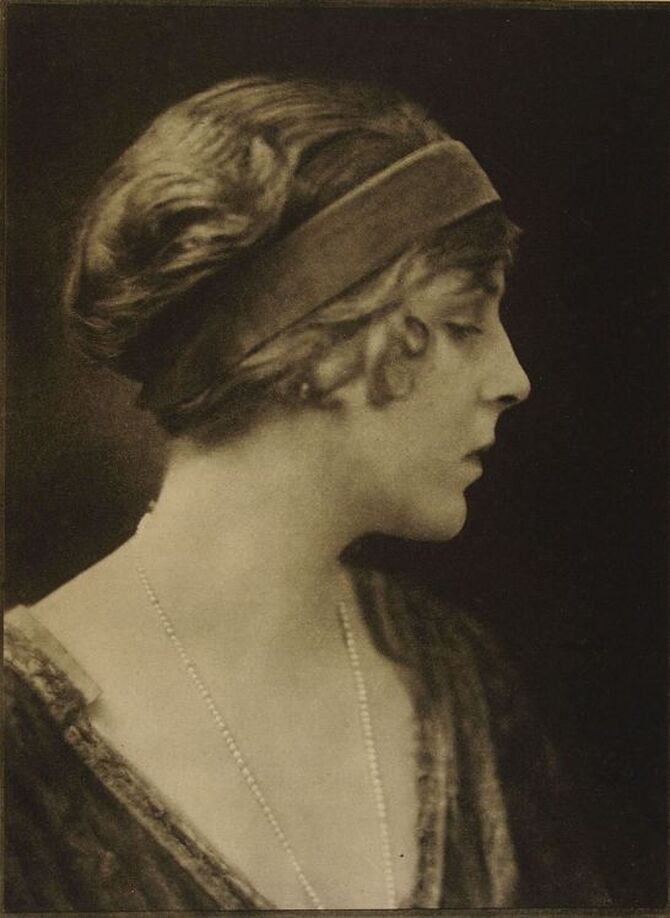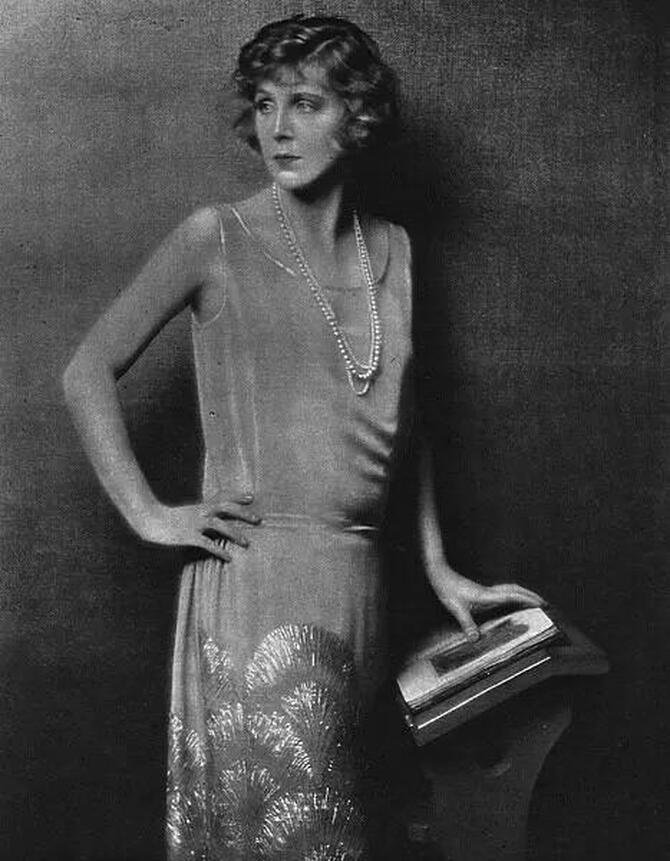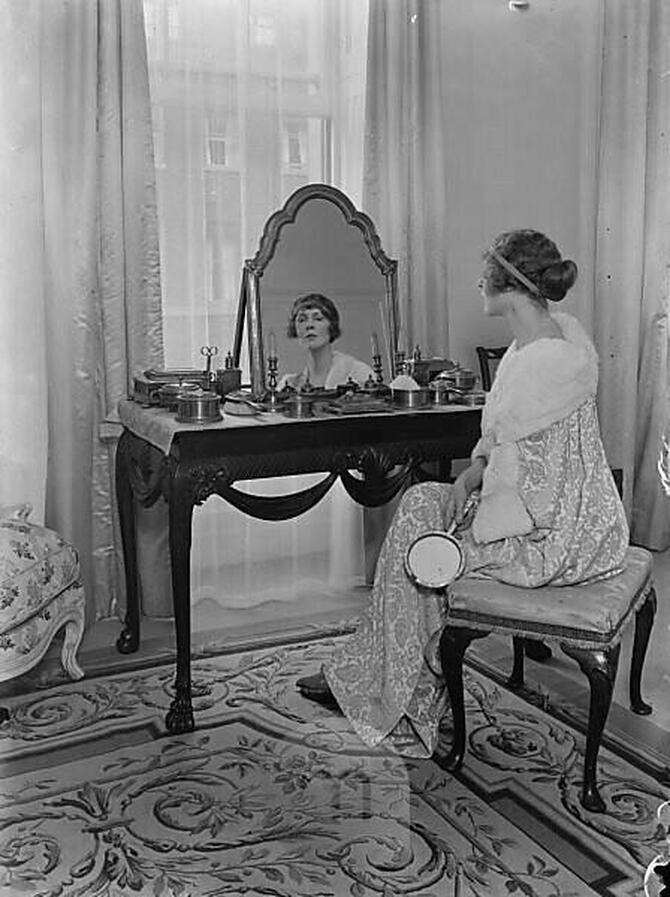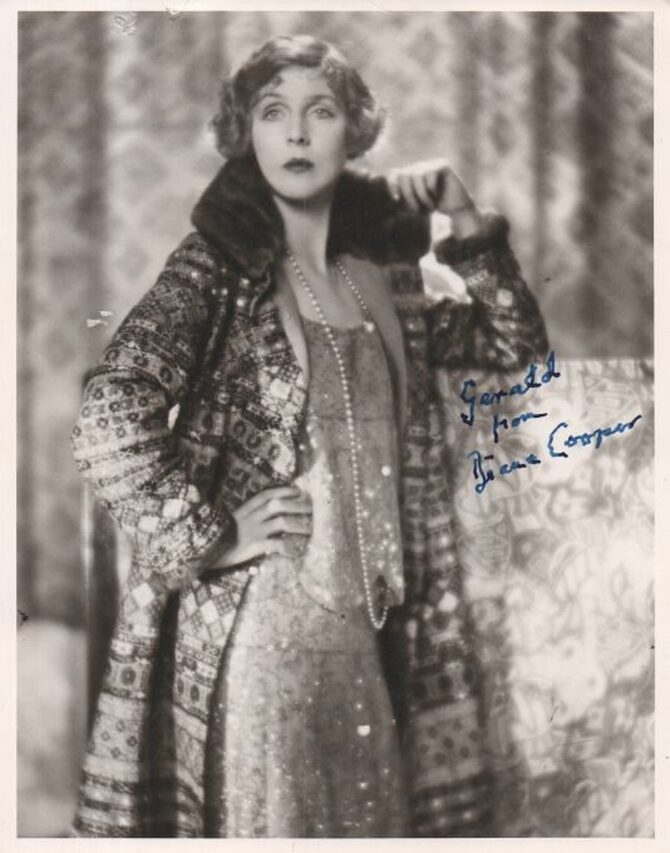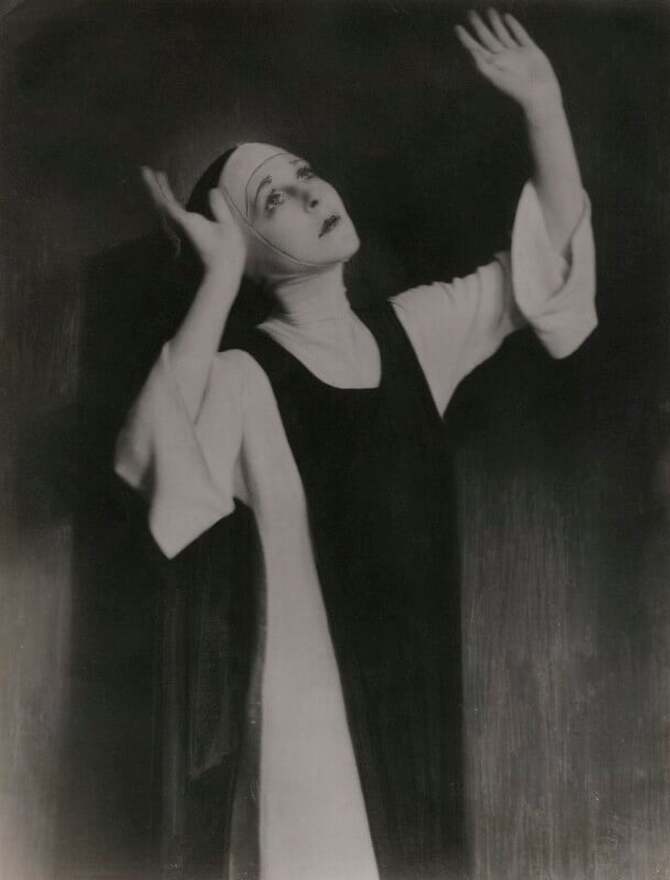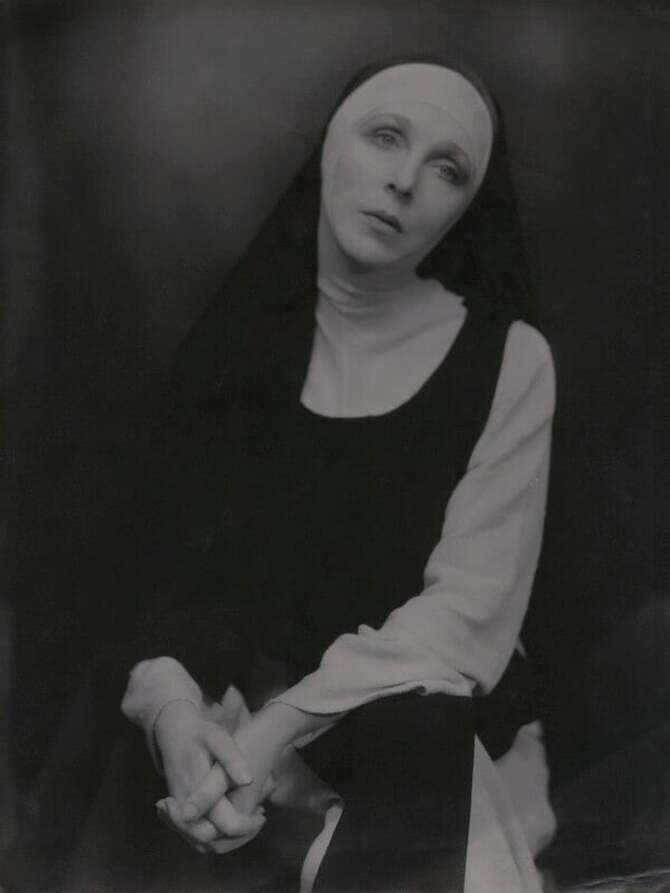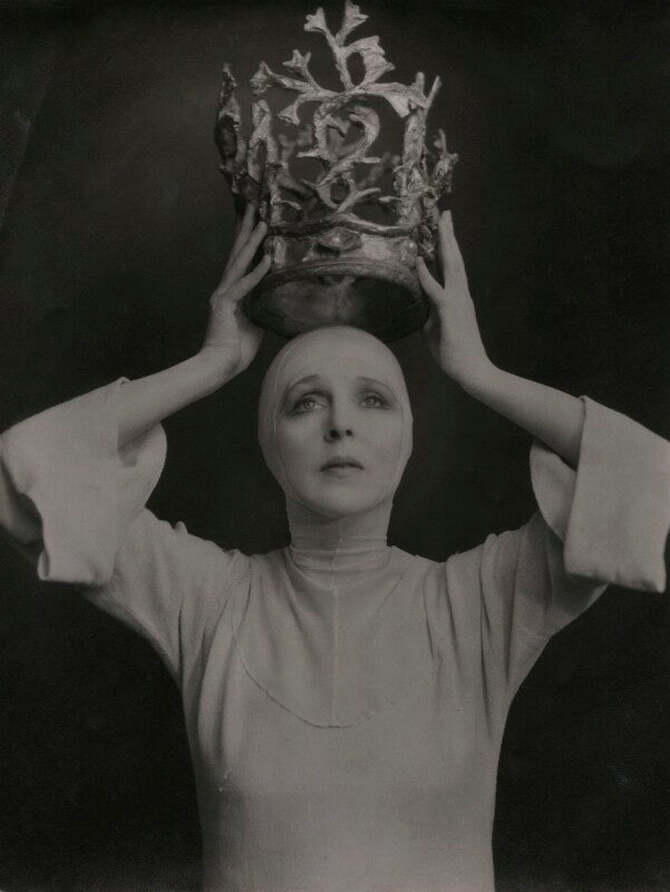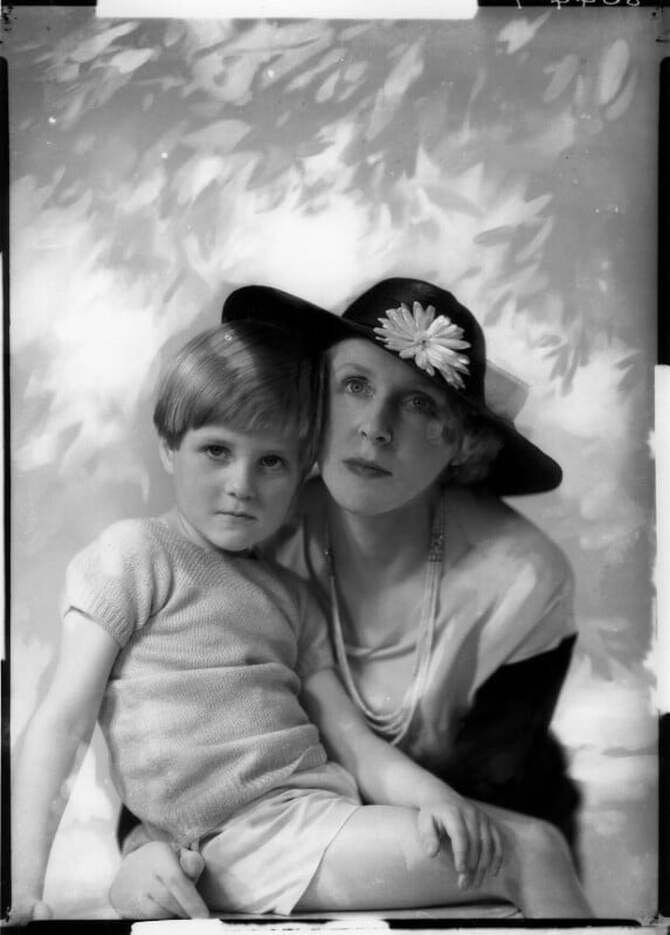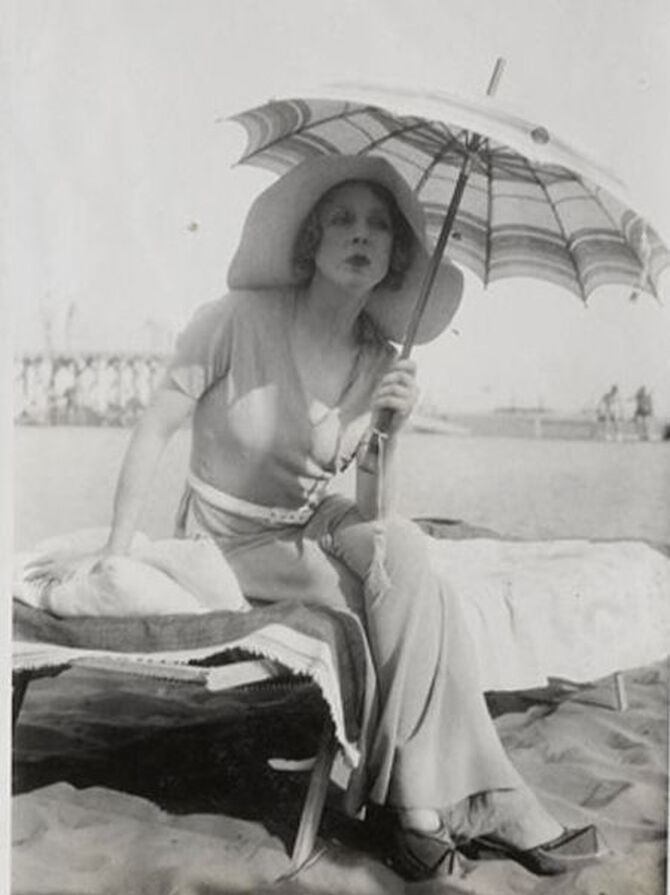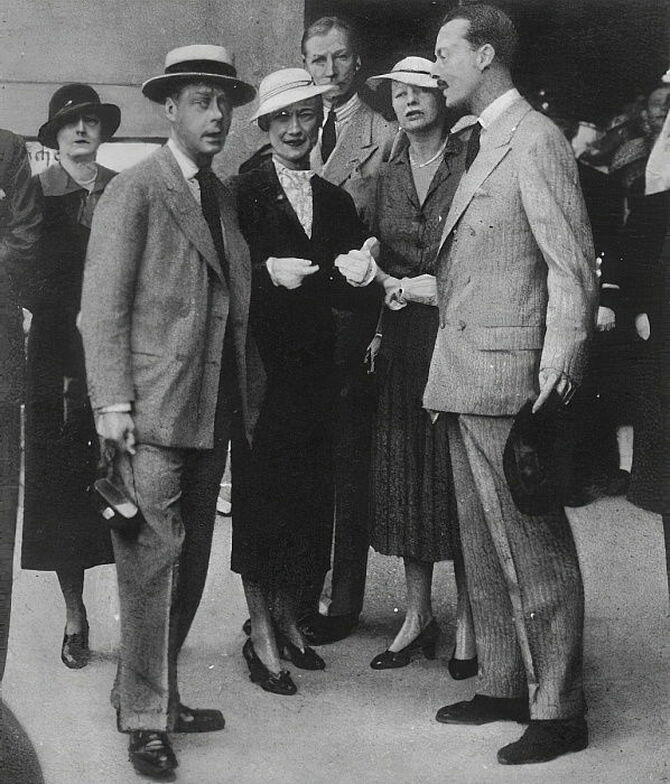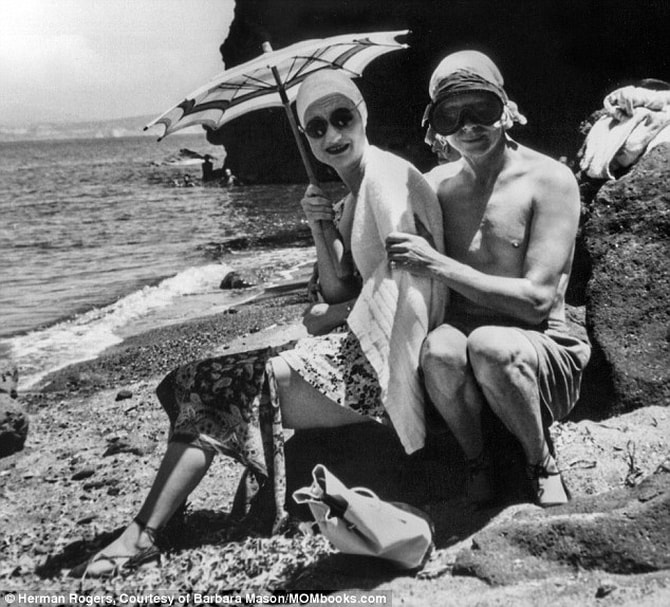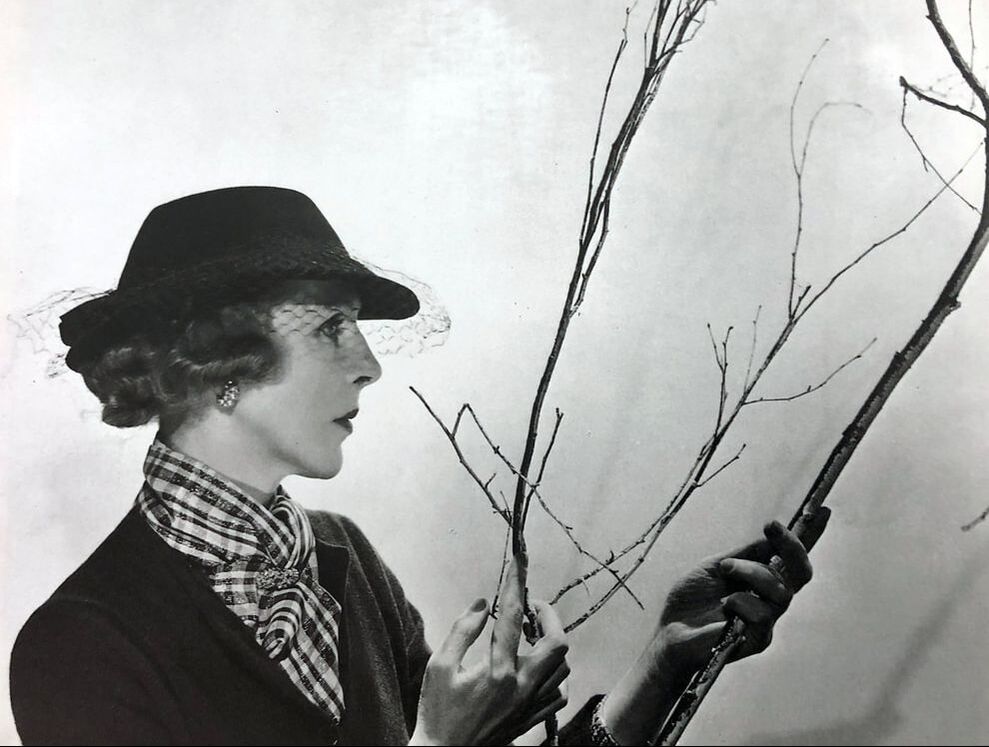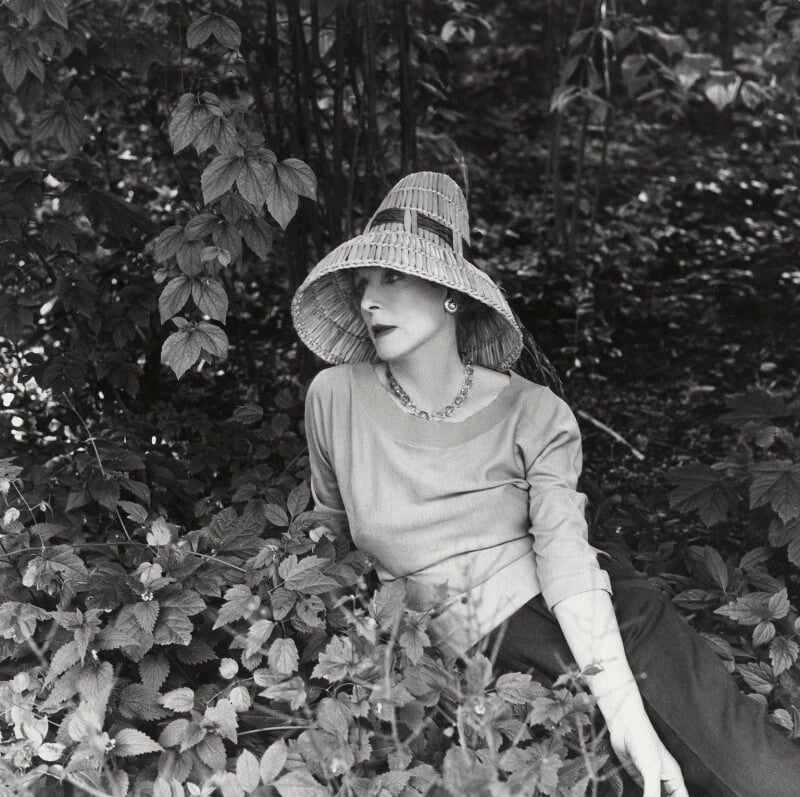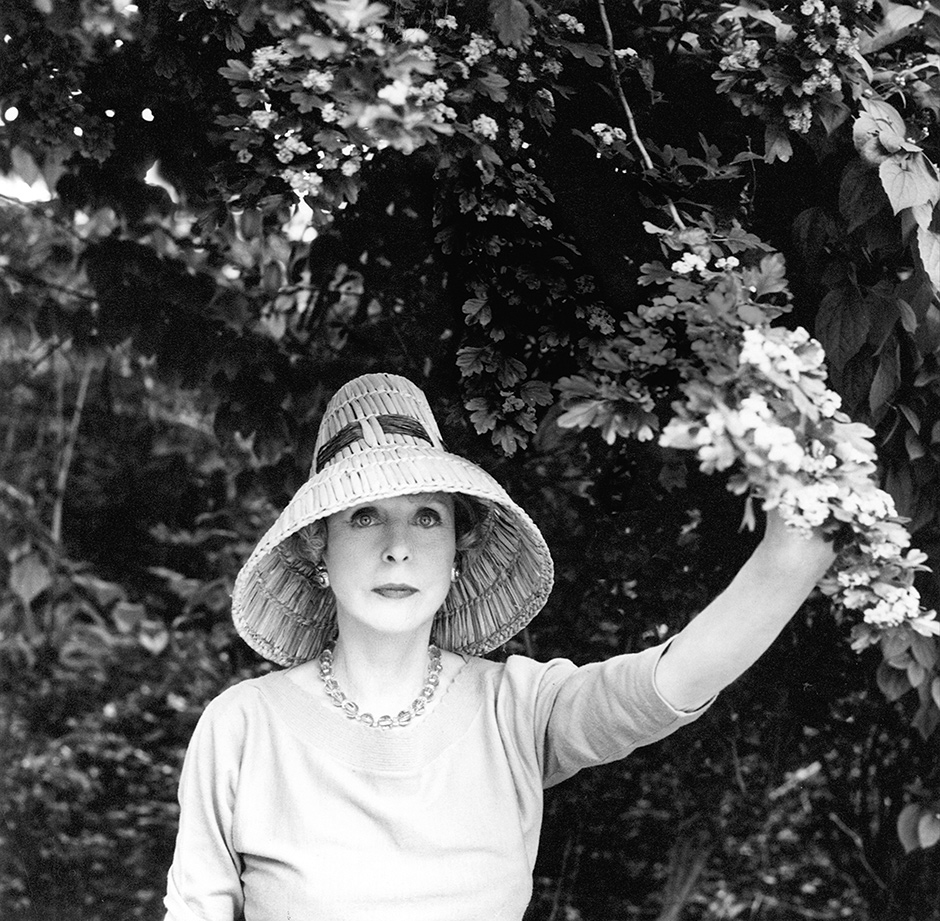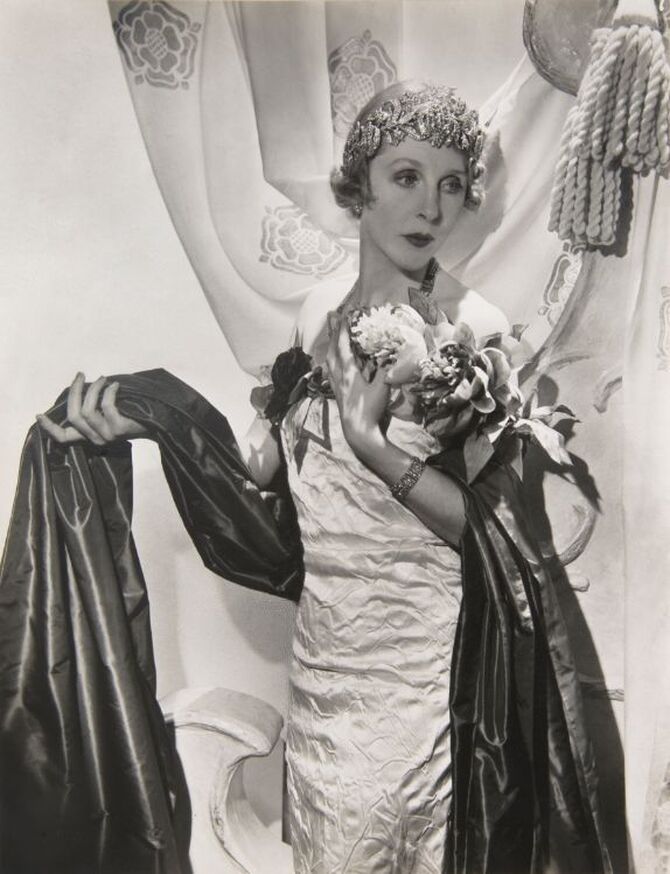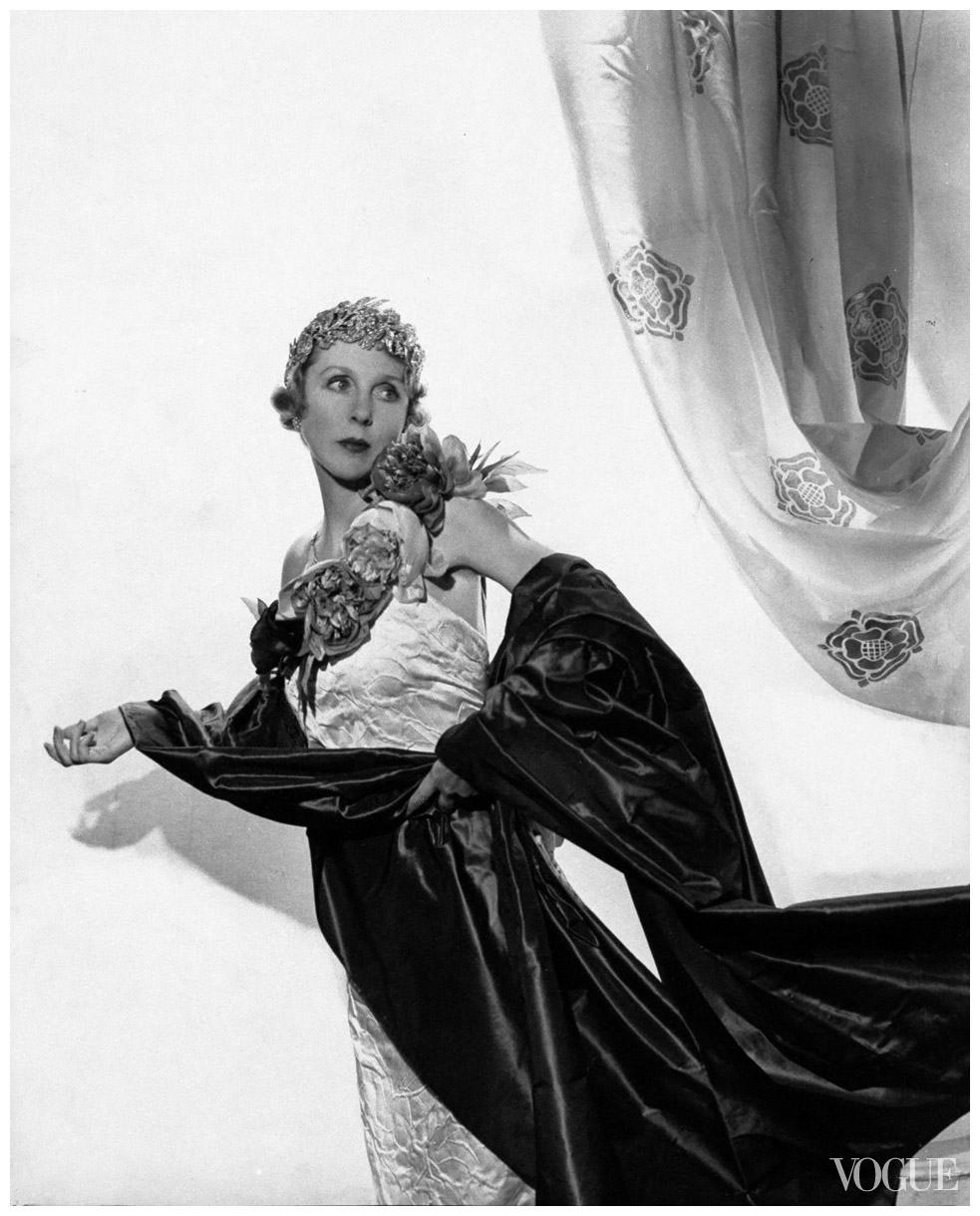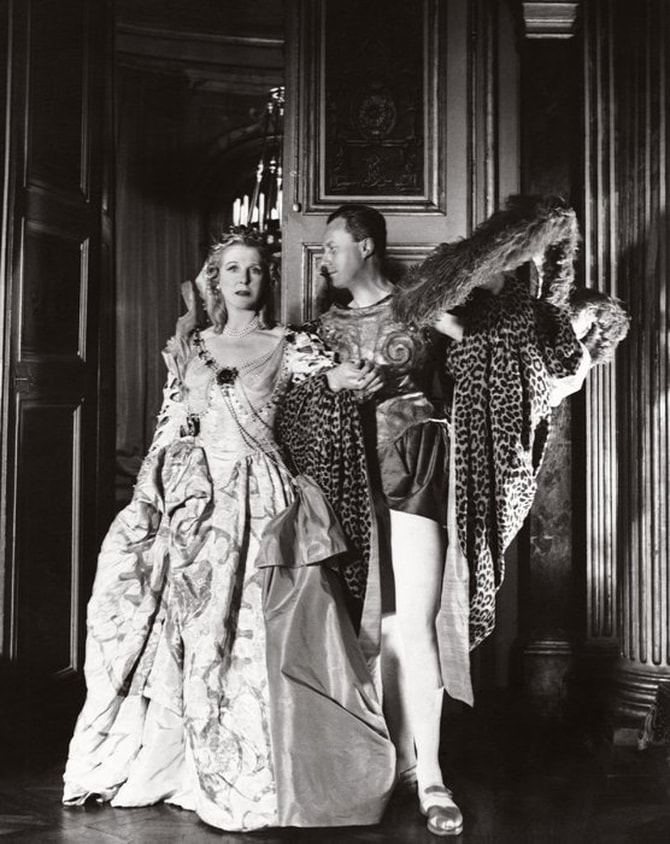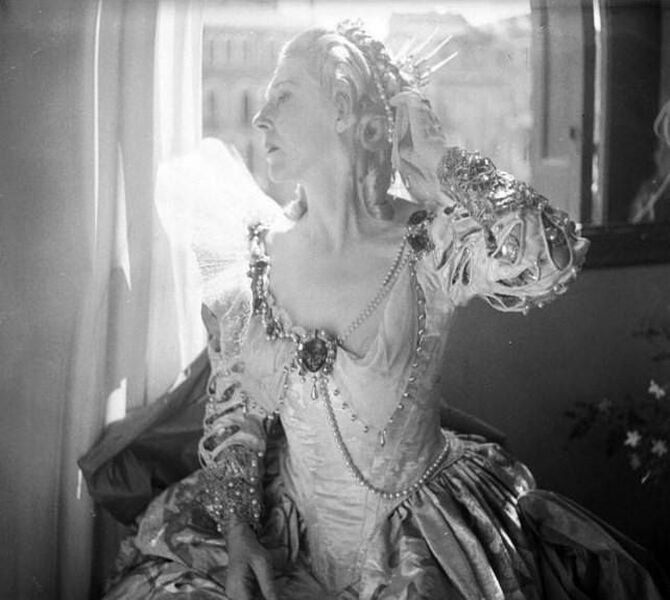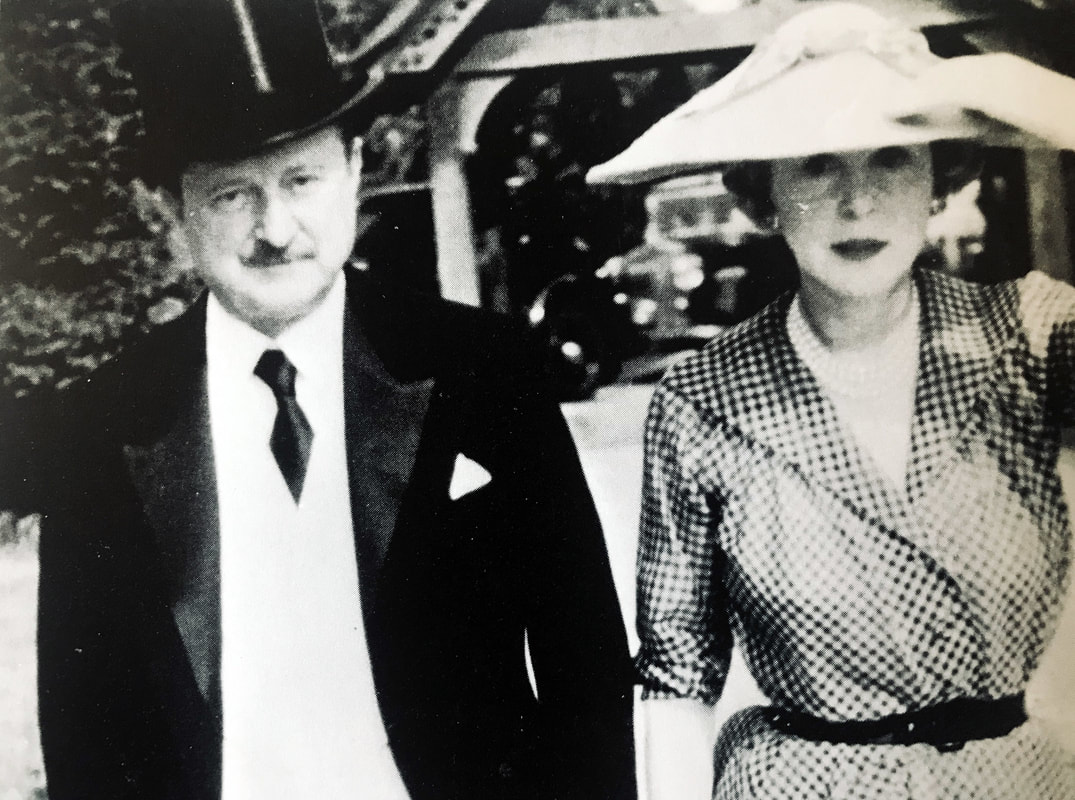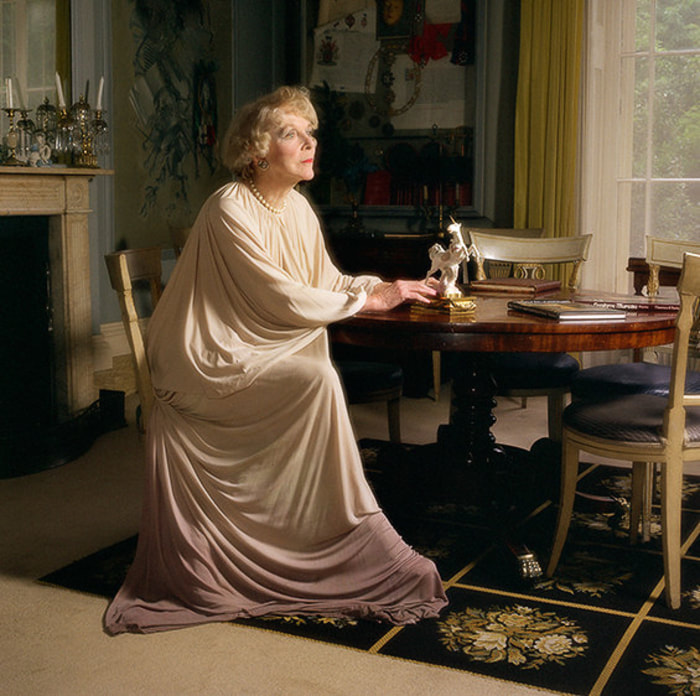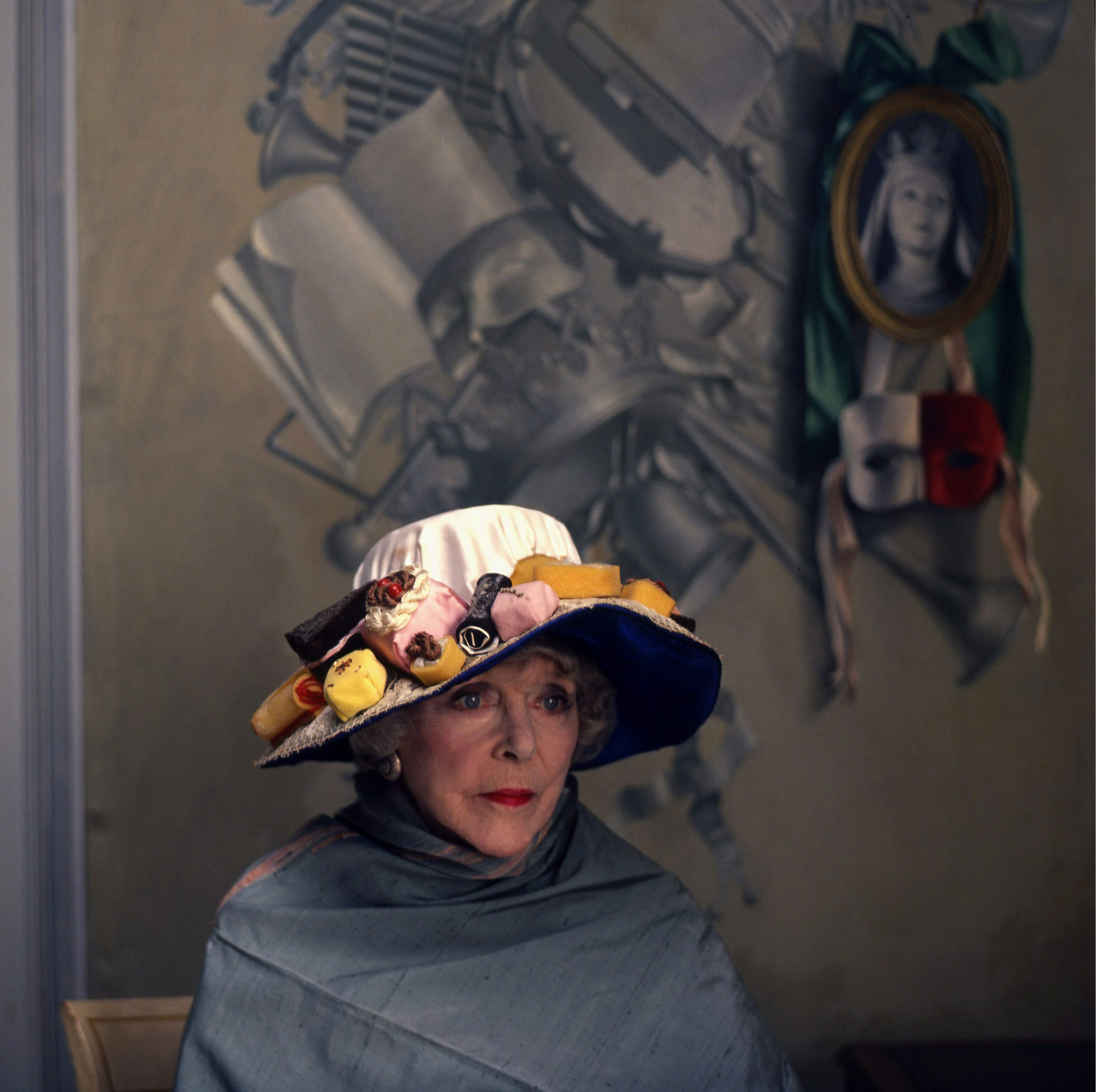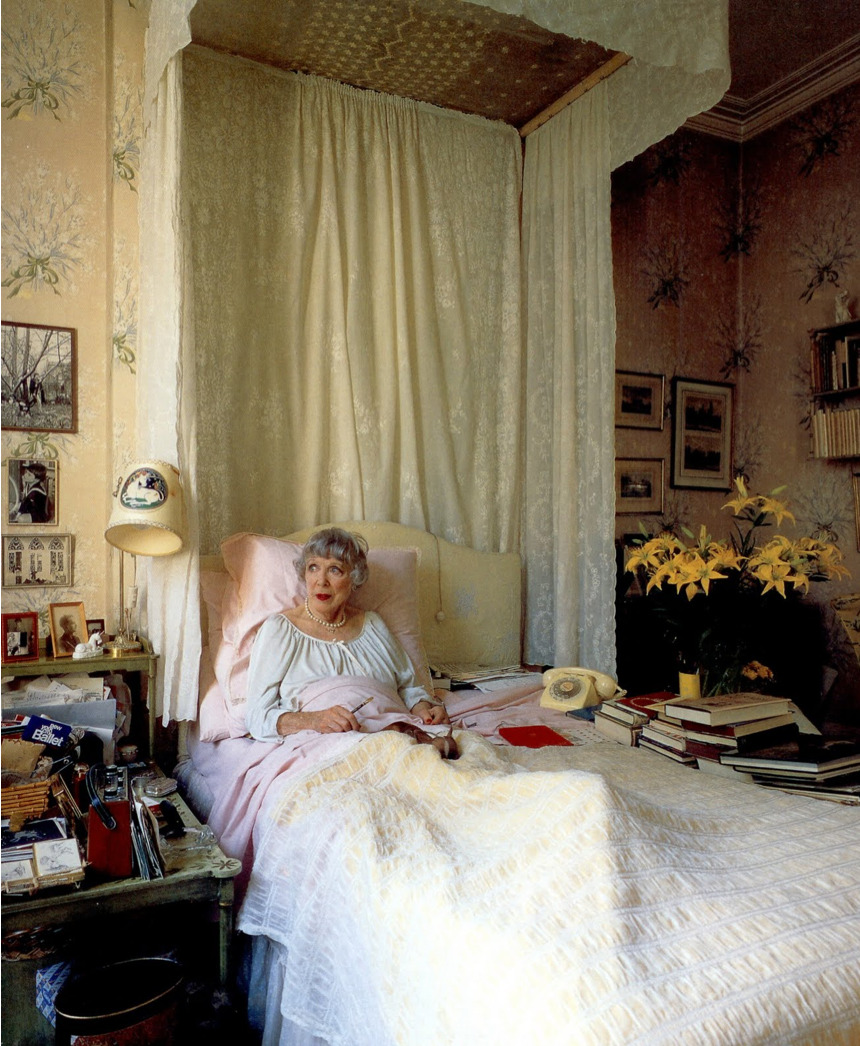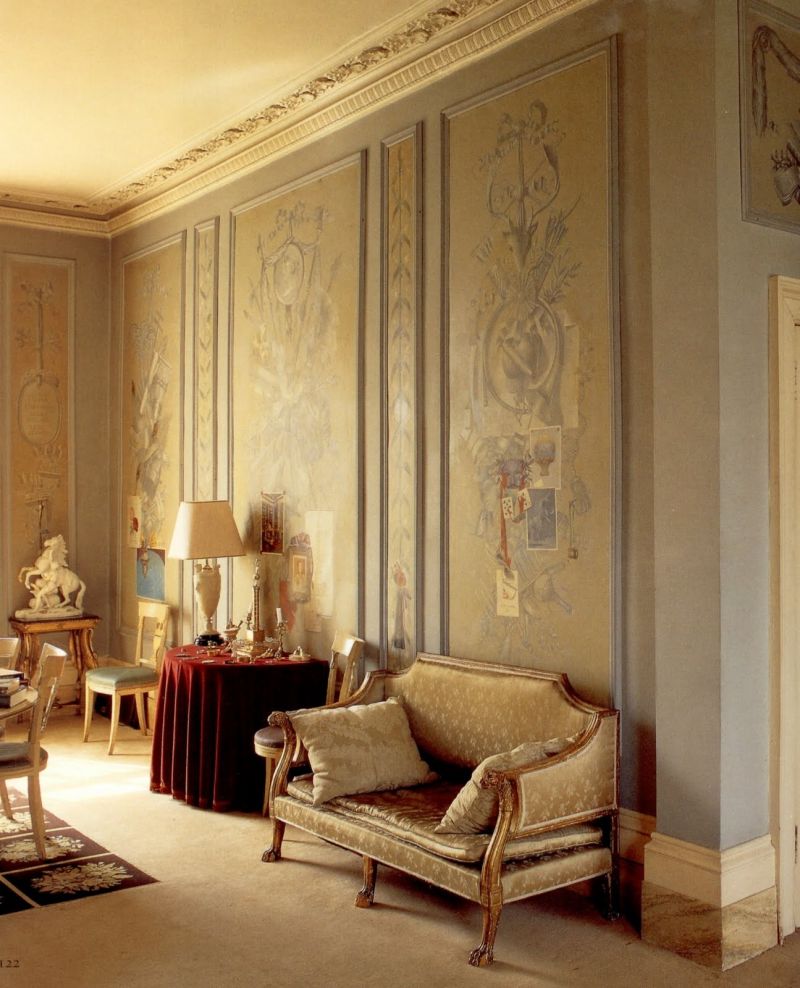|
Diana, Viscountess Norwich (née Lady Diana Olivia Winifred Maud Manners; 29 August 1892 – 16 June 1986) was an English actress and aristocrat who was a well-known social figure in London and Paris. As a young woman, she moved in a celebrated group of intellectuals known as the Coterie, most of whom were killed in the First World War. She married one of the few survivors, Duff Cooper, later British ambassador to France. After his death, she wrote three volumes of memoirs which reveal much about early 20th-century upper-class life. Lady Diana Olivia Winifred Maud Manners was born at 23A Bruton Street in Mayfair, London, on 29 August 1892. Her mother, Violet Manners(1856-1937), who was a devotee of the author George Meredith, named her daughter after the titular character in Meredith's novel Diana of the Crossways. Diana of the Crossways, novel by George Meredith, was a three-volume book published in 1885. Officially the youngest daughter of the 8th Duke of Rutland and his wife, the Duchess of Rutland, Lady Diana's biological father was the writer Harry Cust. As early as 1908, various pamphlets were being circulated by a former governess claiming that Cust fathered Diana Manners, and David Lindsay (a distant cousin of her mother) noted in his diary that the resemblance was said to be striking. Cooper herself did not become aware of this until it was casually mentioned to her at a party after she had come out into society, though "It didn’t seem to matter—I was devoted to my father and I liked Harry Cust too." In her prime, she had the widespread reputation as the most beautiful young woman in England, and appeared in countless profiles, photographs and articles in newspapers and magazines. She became active in the Coterie, an influential group of young English aristocrats and intellectuals of the 1910s whose prominence and numbers were cut short by the First World War. Some see them as people ahead of their time, precursors of the Jazz Age. Lady Diana was the most famous of the group, which included Raymond Asquith (son of H. H. Asquith, the prime minister), Patrick Shaw-Stewart, Edward Horner, Sir Denis Anson, Julian and Billy Grenfell, and Duff Cooper. Diana nurtured a love for the married Asquith, and she became close friends with both him and his wife, Katherine. His death in the First World War devastated her, and was compounded by the loss of other men in her circle. Lady Diana married Duff Cooper, one of her circle of friends' last surviving male members, in June 1919. Diana's parents had hoped that their daughter would marry the Prince of Wales(Later King Edward VIII, Duke of Windsor), and took a dim view of Duff Cooper's lack of title and wealth, and his drinking, gambling and womanising. As for Cooper, he once impulsively wrote a letter to Lady Diana, before their marriage, declaring, "I hope everyone you like better than me will die very soon." In 1918 Lady Diana became actress and played in a few films uncredited; in The Great Love she played herself in her capacity of a celebrity. She also appeared in a propaganda film for the war effort, Hearts of the World, directed by D.W. Griffith, who chose her because he thought her "the most beloved woman in England". A few years later she starred in two of the first British colour films: The Glorious Adventure (1922) and The Virgin Queen (1923); in the latter she played Queen Elizabeth I. But it was on the stage that Lady Diana Cooper finally acquired her fame. In 1924, She played Madonna in Karl Vollmoeller's play The Miracle, directed by Max Reinhardt. The play achieved outstanding international success, and she toured on and off for twelve years with the cast. In 1929, Lady Diana Cooper gave birth to her only child, John Julius Cooper, later the 2nd Viscount Norwich and known as John Julius Norwich, who became a writer and broadcaster. The Coopers were friends with Edward VIII, and were guests of his on a 1936 yacht cruise of the Adriatic which famously caused his affair with Wallis Simpson to become publicly known for the first time. Lady Diana Cooper supported her husband in his political posts, even travelling with him to the Far East in late 1941 prior to the Japanese attack on British Malaya. As Prime Minister Churchill's personal representative, Duff Cooper MP was unsuccessful in effecting a positive strategy, and he was recalled in January 1942, shortly before Singapore fell in February. In between accompanying her husband on his wartime appointments abroad, Lady Diana converted her three-acre property at Bognor Regis into a smallholding to provide her family with extra food in light of shortages and rationing. Aided by her friend Conrad Russell, she raised livestock, grew crops, practised beekeeping, and made her own butter and cheeses. She also volunteered at a YMCA canteen, and worked briefly in a workshop making camouflage nets for gunners. Between January and August 1944 the couple lived in Algiers, where Duff Cooper was appointed British Representative to the Free French Committee of National Liberation. Lady Diana focused her energies as a hostess on making an "Eden" of the couple's home for British civil servants stationed in Algiers, who were poorly housed in unheated and waterless lodgings and "had no retreats, amenities, sports or welcomes." The Coopers' home provided British personnel an outlet for rest, socializing, good food, and recreation. When Duff Cooper served from 1944 to 1948 as Britain's ambassador to France, Lady Diana Cooper's reputation became even more celebrated in France as the centre-point of immediate post-Second World War French literary culture. During this period, Lady Diana's popularity as a hostess remained undimmed, even after allegations that the embassy guest list included "pederasts and collaborators". The couple were known for maintaining an "open house" every evening where leading cultural figures and diplomats could come freely to socialize, while enjoying good food and plentiful liquor provided by the British government, both luxuries in Paris after years of wartime shortages. Following Duff Cooper's retirement in 1947, the couple continued to live in France at Chantilly. The couple's decision to remain in France was controversial because it was contrary to diplomatic protocol; their continuing popularity as social figures and hosts in Paris effectively made their home a rival British Embassy. She was a prominent guest at Le Bal Oriental hosted by Carlos de Beistegui at the Palazzo Labia in Venice in 1951. Known as the "Ball of the Century", Lady Diana dressed as Cleopatra and greeted her fellow guests, some 1,000 people, in a vestibule pageant. Duff Cooper was created Viscount Norwich in 1952, for services to the nation, but Lady Diana refused to be called Viscountess Norwich, claiming that it sounded like "porridge". Following her husband's death in 1954, Lady Diana Cooper made an announcement in The Times to this effect, stating that she had "reverted to the name and title of Lady Diana Cooper". Lady Diana sharply reduced her activities in the late 1950s but produced three volumes of memoirs: The Rainbow Comes and Goes(1958), The Light of Common Day(1959), and Trumpets from the Steep(1960). The three volumes are included in a compilation called Autobiography (ISBN 9780881841312). “First you are young; then you are middle-aged; then you are old; then you are wonderful.” In the early 1960s, Lady Diana Cooper moved from Chantilly back to London, and lived there until her death. She died at her home in Little Venice, in West London, in 1986 at the age of 93, after many years of increasing infirmity. Her body was interred within the Manners family mausoleum at Belvoir Castle. Further interestArticles: Interviews:
0 Comments
|
Categories
All
Archives
December 2023
|
